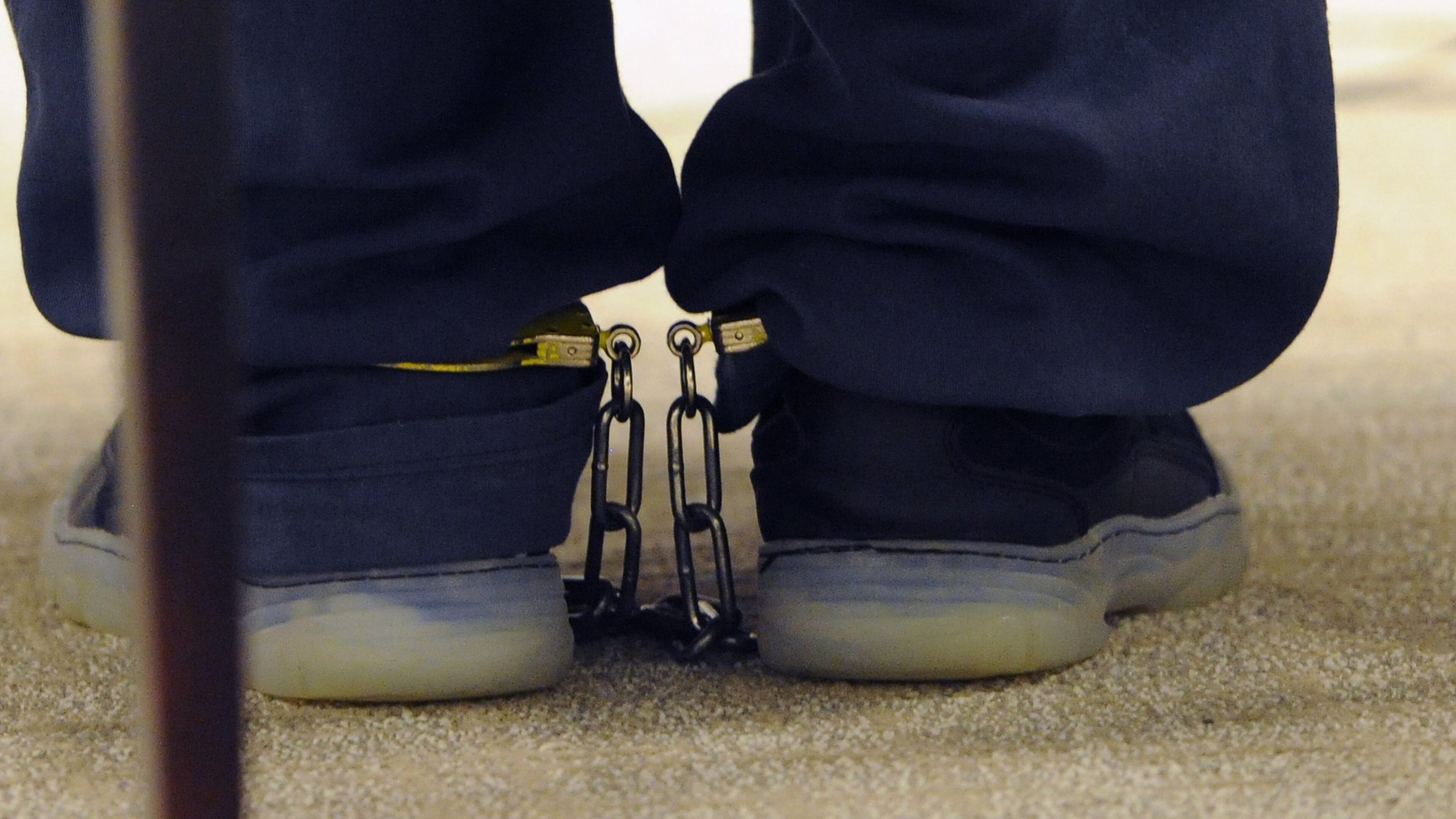Opinion: Backing status quo is the real ‘soft on crime’

If I say to you that we should treat people humanly and with dignity while they are serving time for a crime most of you will accuse me of being soft on crime.
I have received many ugly responses to posts about this subject such as, “What no spa treatment” when I wrote about the sweltering conditions in a Texas prison or “If you do the crime you should suffer the consequences” when I posted photos of the horrid food that is served to inmates. I’ve even been told that they don’t deserve a college degree when we have people in the free world who don’t have one.
What I never hear is “How does this impact me and why should I care?”
Let me explain why you should care.
Every social ill in our country ends up packaged in a life standing before a judge. Socially toxic behaviors start in the free world. Children are living in communities that are poverty-stricken, riddled with gangs and violence and ignored by leadership and politicians. People with serious and persistent mental health and substance-use disorders have no resources for treatment and desperate families begin to give up.
Taking dangerous people and locking them up in conditions that are fraught with corruption, contraband and unbearable living conditions only fuels the original behavior to do bad things to people. Ignoring the complex, underlying issues that drove a person to commit a crime doesn’t make us smart on crime, it makes us ignorant to how it impacts each of us.
Lock ‘em up and throw away the key is the way we punish criminals, but the problem persists and the recycling of humans through the prison system continues to grow at an alarming rate. The U.S. Justice Department stated in a 2016 report that an estimated 641,00 people are released from prison each year. This doesn’t even include releases from jails or detention centers.
Are they being released with a healthy new look on life and with work-ready skills? Are they mentally stable or in treatment? Are their families ready to take them back in? Are we providing opportunities for housing and jobs?
No.
While we continue to squabble over what the definition of reform is we are welcoming home another round of individuals who are sicker than when they went in.
So, if we asked the simple question, “How does this impact me?” we can get right to the answer. If 95% of offenders are coming home, and they are, and they have no treatment for substance abuse or mental health disorders, no skillsets for employment, no family reunification measures in place and no support from the outside world, then the toxic behavior will continue and we as taxpayers will pay the ultimate price.
Recidivism is simply recycling toxic behaviors through a system that refuses to fix the problem. This is a public safety issue, a public health issue, and this is being soft on crime.
Kate Boccia is founder and CEO of the National Incarceration Association Inc. Her son was formerly incarcerated in Georgia.


